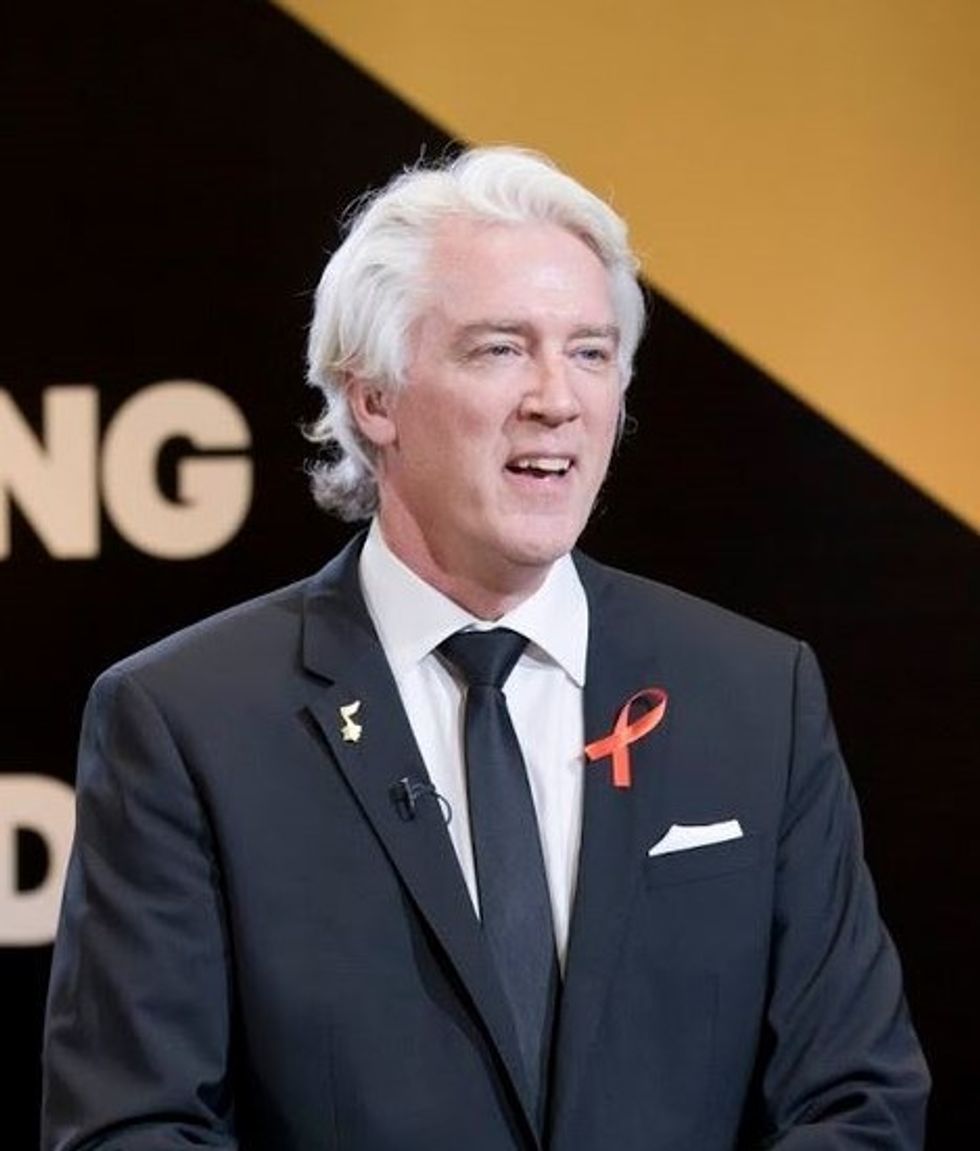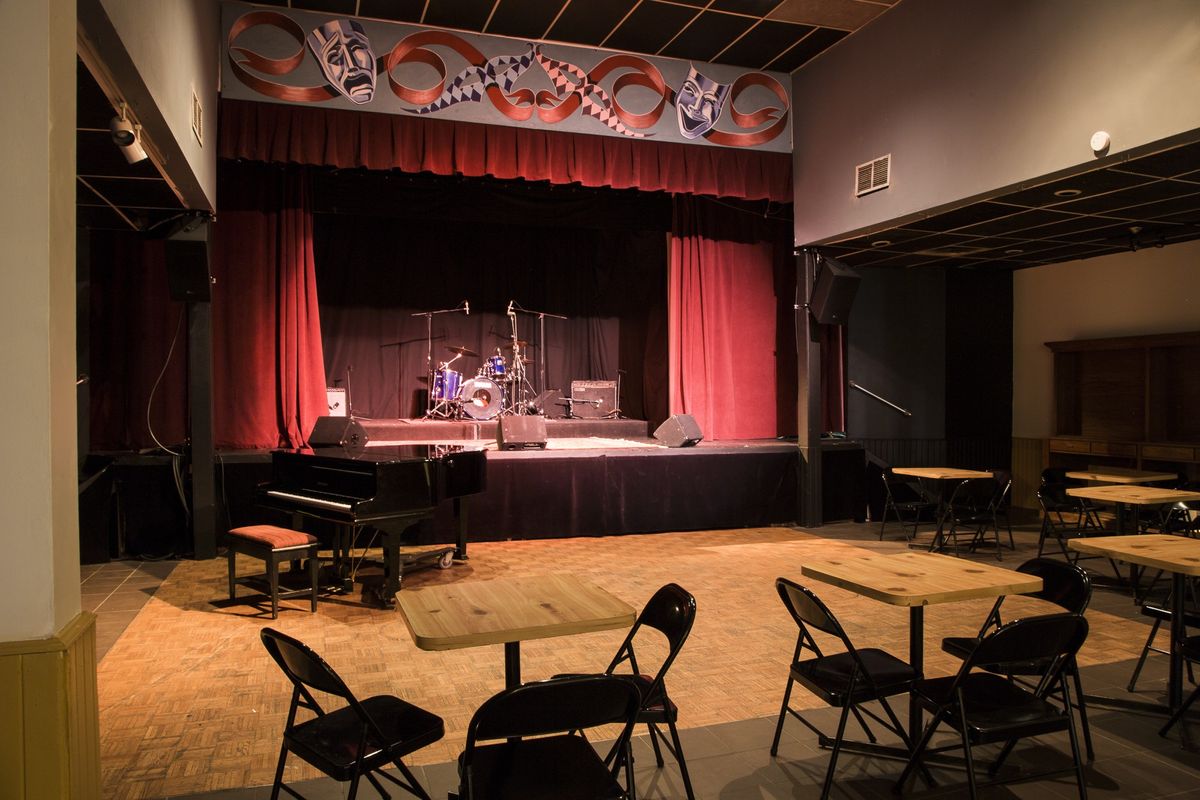Looking To The Future With Juno CEO Allan Reid
At the start of the Juno broadcast last night (June 6), Allan Reid, president and CEO of the Canadian Academy of Recordings Arts & Sciences (CARAS), came into the “media Zoom” and addressed a q

By Karen Bliss
At the start of the Juno broadcast last night (June 6), Allan Reid, president and CEO of the Canadian Academy of Recordings Arts & Sciences (CARAS), came into the “media Zoom” and addressed a question about holding the biggest celebration of Canadian music two years in a row in Toronto.
“It was a conversation we started at our board,” Reid said. “We came out of Saskatoon and the cancellation last year [due to covid-19], going, ‘Hey, we're going to have the big show at Scotiabank Arena [in Toronto] and it's going to be a fantastic 50th celebration, and all of a sudden realize that's not going to happen. And as we went further along, realizing that not only are we not going to be there, but we can't even have a lot of our events likely, we just felt that Toronto and Ontario as a province are not getting their opportunity.
“This is not the 50th we envisioned, and we thought, ‘Let's turn it into a year of music from the 50th to the 51st. And we went to the City; we went to the Province and said, ‘We would love to come back.’
“We also talked to another future host city that was supposed to be in 2022. They agreed to move to 2023,” he added. “So, there's a lot of major moving parts. But we were absolutely thrilled that the City and the Province were both immediately, ‘We want you back. We want a real big celebration to really show what an amazing ‘Music City’ Toronto is.' So, we're ecstatic to come back.”
Reid also talked about the three new categories that have been added. Indigenous Artist or Group of the Year will now be split into two awards: Contemporary Indigenous Artist or Group of the Year and Traditional Indigenous Artist or Group of the Year; Rap Recording of the Year will break into two categories, Rap Single of the Year and Rap Album/EP of the Year. And Underground Dance Single of the Year category has also been added.
“We don't often add categories. Comedy was the last one a few years ago [2017, brought back after 33 years],” Reid said, explaining that “it's the communities that help drive this.
“We have music advisory committees for each of our different genres, and they will occasionally come to us and say, 'Look, we feel that our category is overflowing or is not serving the community correctly.’ We require a lot of information, a lot of data to understand if we're going to create this new category [and] is it sustainable? We want to make sure we're not creating a category that's going to be gone in a couple of years.”
Of the Underground Dance Single category, he explained, “That was another good one where the community came to us a couple of years ago and said there’s a whole group of musicians who created this dance electronic category, which has become mainstream pop in a lot of cases. And a lot of the underground DJs not being recognized are the basis of where this music comes from. And they made a compelling presentation to us on the board. We felt this could be something we continue on. It also really falls right into very much our plans to being a more diverse and inclusive organization.
“All of these, especially Traditional [Indigenous Artist or Group], recognize the original music of this country by Indigenous people; they put a compelling presentation forward to our nominating and voting group as well as our board. And it is something we felt very strongly we wanted to support this year.”
Another category due for a change is the World Music Album category.
The long-standing issue with the term “world music” dates back to the late ‘80s when David Byrne created his world music label Luaka Bop as a push-back to the ethnic/non-Western/exotic connotation of the world music genre. In 1999, he wrote a piece for the New York Times titled Crossing Music's Borders In Search Of Identity; 'I Hate World Music’
Recently the Grammy’s changed its Best World Music Album category to Best Global Music Album, embracing "a more relevant, modern, and inclusive term,” The Academy wrote in its announcement. “The change symbolizes a departure from the connotations of colonialism, folk, and ‘non-American’ that the former term embodied while adapting to current listening trends and cultural evolution among the diverse communities it may represent.”
Reid told FYI Music News that CARAS is aware of the problematic term, and it is on the table for discussion. “Every year when we go through the Junos there are a number of questions that come to us for the current categories we have and potential new categories. The conversation with the advisory committee for the world music started last year. It has started to be discussed. It’s in what we call our job jar,” he said.
“Every year after the Junos, we go back into this big job jar, and we started looking at what changes would we make for next year. So, yeah, that conversation will definitely be had, to say, ‘Is this a change we want to make, obviously understanding the feelings around the name ‘world’ category. We'll definitely dive into that in this coming year.”

















